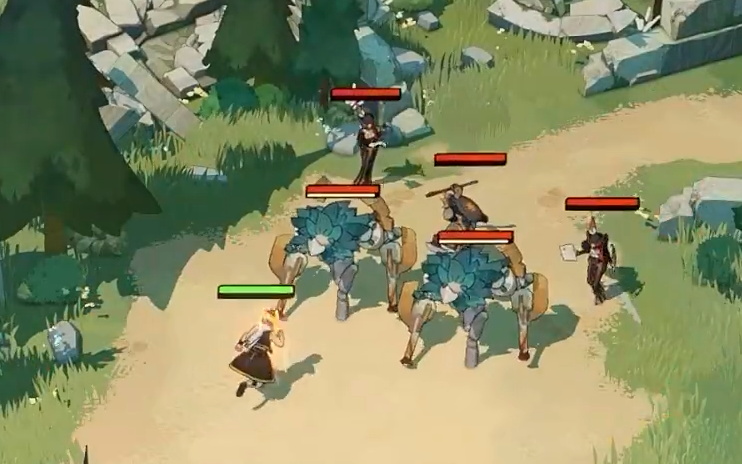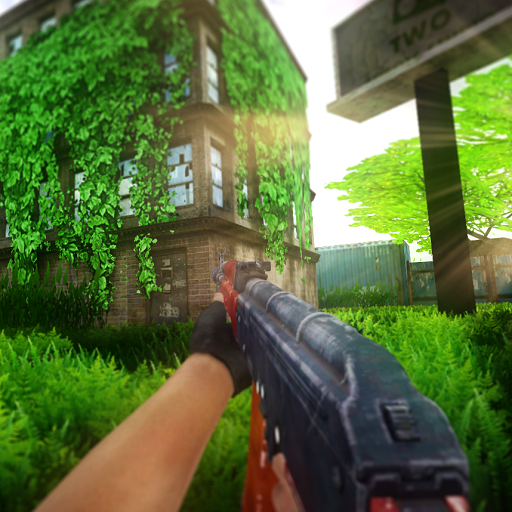The world of Dawn of the Wasteland is exceptionally realistic, and players participating in wilderness survival must master some survival skills. Going to sea for fishing is an interesting and important survival activity. In this article, the editor will share some methods for going to sea for fishing in Dawn of the Wasteland, so as to efficiently obtain resources, thereby being able to expand territory and leave footprints all over the world. Players gradually grow, advancing alongside their companions, and jointly manage the town.
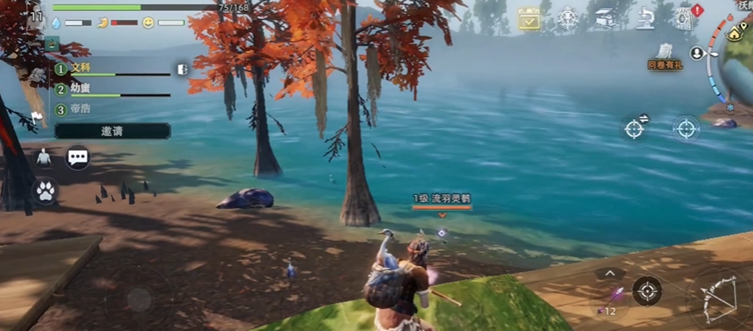
I. Preparation
Tool making: Collect wood, stones, animal bones, and other materials to make a spear for close-range fish catching; you can also make a fishing net to catch large schools of fish.
Boat building: Cut down trees to get wood, collect ropes, and other materials to build a boat for exploring the sea.
Weapon preparation: Forge stone axes, stone knives, and other weapons to deal with dangerous creatures in the ocean.

II. Going to Sea for Fishing
Ocean exploration. Sail out to sea to explore unknown waters, where you may discover new islands and resources. During the voyage, pay attention to weather changes and attacks from sea monsters.
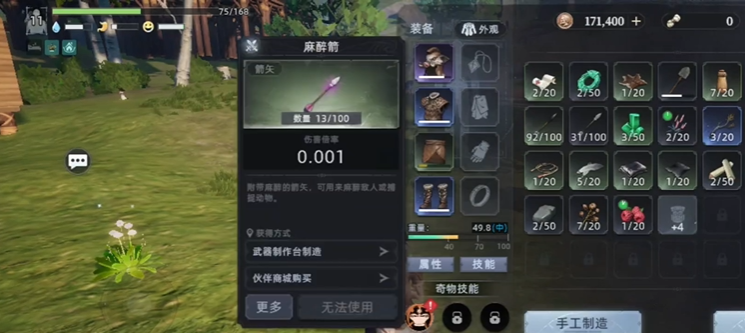
Fishing methods. After spotting a school of fish, use a spear to throw and catch them, or cast a fishing net. For larger fish, such as sharks, be cautious and use the boat's maneuverability to dodge their attacks, then look for opportunities to catch them. Additionally, players can fish in rapids under waterfalls, along forest shores, and in fish ponds on the northern snowy mountains. Different waters have different types of fish, and using the appropriate bait can increase the success rate of fishing.
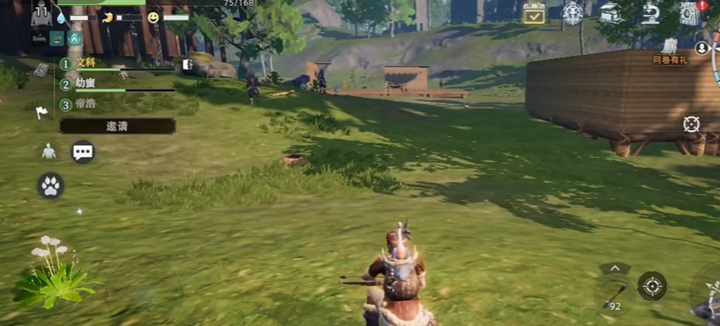
In summary, the game world of Dawn of the Wasteland is extremely perilous. When going to sea for fishing in Dawn of the Wasteland, players should prioritize safety to avoid being attacked by sea creatures or entering dangerous waters. While exploring the ocean, stay vigilant and observe the surroundings to discover new resources and locations. Manage the caught resources reasonably, drying or salting any excess fish for long-term preservation.

